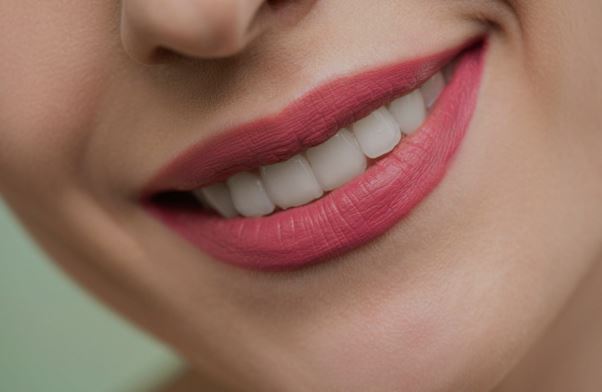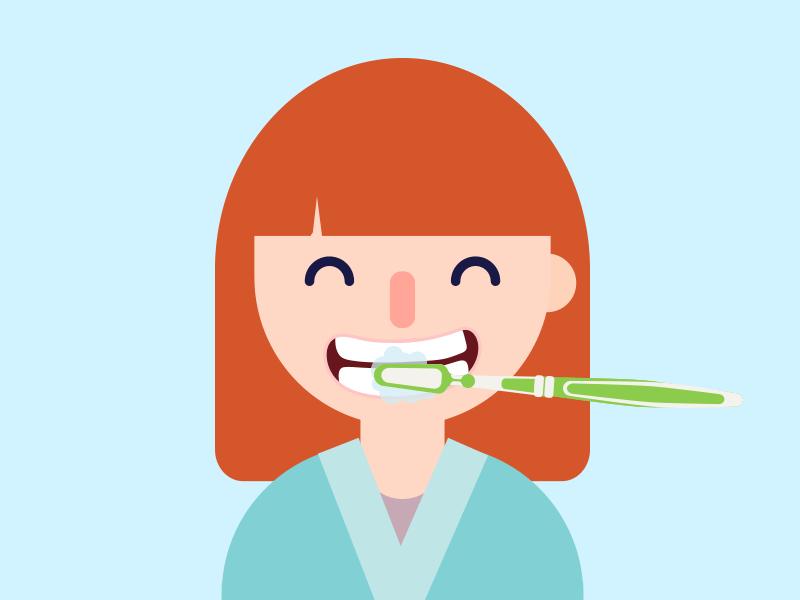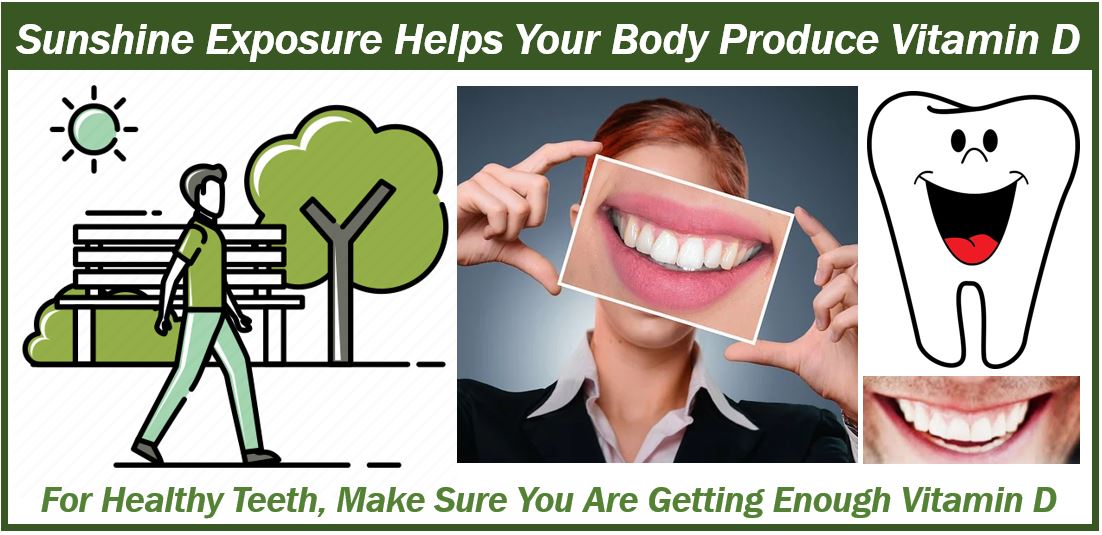Your oral hygiene depends on your oral hygiene routine, from preventing cavities to preventing mouth odor and even having a bright smile. Gum disease has been linked to other health complications, including diabetes, stroke, heart disease, Alzheimer’s disease, and even preterm labor.
According to experts, a healthy oral hygiene schedule includes brushing your teeth twice a day and ensuring you floss at least once every day. While this is an excellent place to start, you can still do so much more to improve your oral health.

Oral health starts with adopting healthy habits that protect your teeth and gums. It is important to ensure that you keep your gums and teeth clean to prevent gum disease and cavities. Here are useful dental care tips to improve your oral hygiene routine.
Brush Regularly but Not Aggressively
It is important to ensure you brush your teeth at least twice a day when you wake up/after breakfast and last thing before going to bed. When brushing your teeth, you do not have to be too aggressive. Using too much aggression when brushing your teeth can stress your gums and cause damage in the end.

Apply gentle pressure when brushing while tilting your brush to a 45-degree angle against your gum line. Brush in short circular motions ensuring you cover every area of your mouth.
Pick the Right Brush
You know the saying, “Use a soft brush to get yourself clean.” Well, have you ever wondered why? It’s because brushes with hard bristles can be too abrasive on gums and cause damage over time. The best type of toothbrush is one that has medium-soft bristle so it cleans but doesn’t scratch!
The reason to say use a soft brush is because while brushing teeth in the morning may leave us feeling refreshed, using brushes with hard bristles can actually damage our gum health over time if they are brushed for more than two minutes continuously. So make sure when choosing an oral care product like toothbrushes or dental flossers – look specifically for ones which state their hardness.
With so many toothbrushes available on the market today, it can be hard to know which is best for your needs. MuchNeeded has put together some helpful tips that will help you make a more educated decision about what type of brush will work well with your oral care routine and budget.
Keep Your Brush Clean
According to research, toothbrush holders hold a lot of germs when they are not adequately cared for.
Your oral health is also dependent on the nature of your toothbrush. Ensuring you rinse your brush after brushing will ensure you clear the brush from all the dirt it collected when brushing. It is also highly advisable to ensure you keep your brush in a clean and dry place.
Wash your toothbrush holder at least once every two weeks to ensure you get rid of germs every time. You can clean it in the dishwasher or using hot soapy water and wipe it after using a disinfectant. This will ensure that your brush does not pick up germs from the holder and introduce them to your mouth.
Know When to Replace the Toothbrush
Scientific experts and dentists recommend changing your toothbrush at least once every two to three months or as soon as the bristles fray or discolor. You should also consider replacing your toothbrush if the bristles harden to prevent damaging your gums.
Be Careful About Cavities
When it comes to good oral health, brushing your teeth is not the only way to prevent cavities. There are other day-to-day habits you can adopt to prevent cavities. These include:
Use Sugar-free Gum
Sugars are some of the leading causes of cavities. Consider limiting your intake of sugar to keep your teeth free of cavities. If you love chewing, you can switch to sugar-free gum and choose sugar-free desserts and foods. You can replace sugary foods with vegetables and fibre-rich fruits.
Consider using Xylitol as a sugar substitute to prevent tooth decay. Xylitol attracts germs in your gums and mouth and kills them, therefore reducing the number of harmful germs in your mouth.
Pay Attention to the Usage of Vitamin D

Having very low levels of vitamin D in your diet can have a negative effect on your dental health by increasing the possibility of developing periodontal diseases and dental cavities. Vitamin D is highly necessary since it supplies minerals to your oral cavity, including your teeth and bones.
Use Fluoride Toothpaste
Fluoride mineral is a product of an earth element in soil referred to as fluorine. According to experts, fluoride is healthy for your teeth as it can help prevent cavities, which makes it a common ingredient in toothpaste and mouthwash.
When choosing a toothpaste or mouthwash, ensure you go for one with fluoride. Even if you use the best oral health routine, lack of fluoride can lead to tooth decay. Brushing and flossing will not protect your teeth from decay if you do not use fluoride.
Use a Mouthwash
Mouthwash is perfect for fresh breath, reduced mouth plaque and gingivitis, soothing a dry mouth and whitening your teeth. If you brush and floss twice a day, you should consider adding mouthwash to your routine. It is recommended to swish vigorously for at least half a minute, two times a day. Invest in an antimicrobial mouthwash to ensure you kill more oral bacteria and fight plaque.
Use Scrapers
A dirty tongue is the number one cause of mouth odor. The tongue has ridges and grooves that trap and hold bacteria since they present the perfect place for bacteria multiplication. While brushing your teeth may help, consider investing in a stainless steel or plastic scraper for your tongue. This will ensure you eliminate the smelly toxins on your tongue for a fresh breath all day long.
Visit a Dentist Regularly
When it comes to your oral health, prevention is always better than cure. Ensure visiting a dentist is one of your regular tasks to do for both checkups and cleaning. This is the best way to catch dental health issues before they worsen. You should see a dentist at least once every six months. The dentist checks for signs of gum disease, mouth cancer, cavities and other health issues and removes hardened tartar and plaque.
Conclusion
Adopting a healthy oral care routine is the first step towards enjoying healthy teeth and gum. With the tips highlighted in this post, you can elevate your dental hygiene routine to ensure your mouth remains healthy overall.

